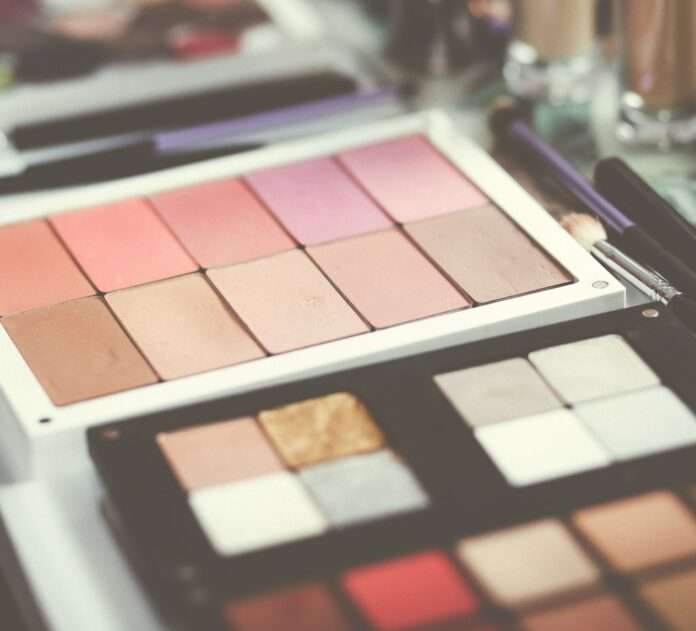Harrods’ new beauty recycling scheme is the latest to reward consumers for bringing in their used makeup containers for recycling. In exchange, customers earn points and rewards. How much difference do programs like this make, though?
As consumers become more invested in the sustainability and lifecycle of their beauty products, empty container recycling programs are on the rise.
The movement can be traced back to MAC Cosmetics, which has been taking back empty makeup containers for years, encouraging consumers through incentives to ensure their used empty lipstick tubes and compacts are properly recycled through its BACK 2 M·A·C take-back program.
MAC started the program more than 30 years ago in order to help keep the notoriously hard-to-recycle makeup containers out of landfills.
“Like many, at MAC we care about the planet and are doing our part to help improve our environmental impact,” Philippe Pinatel, MAC’s global brand president, said in a statement. “We are continuing to design with the environment in mind, making smarter, more responsible packaging choices without compromising our iconic packaging aesthetics and performance.”
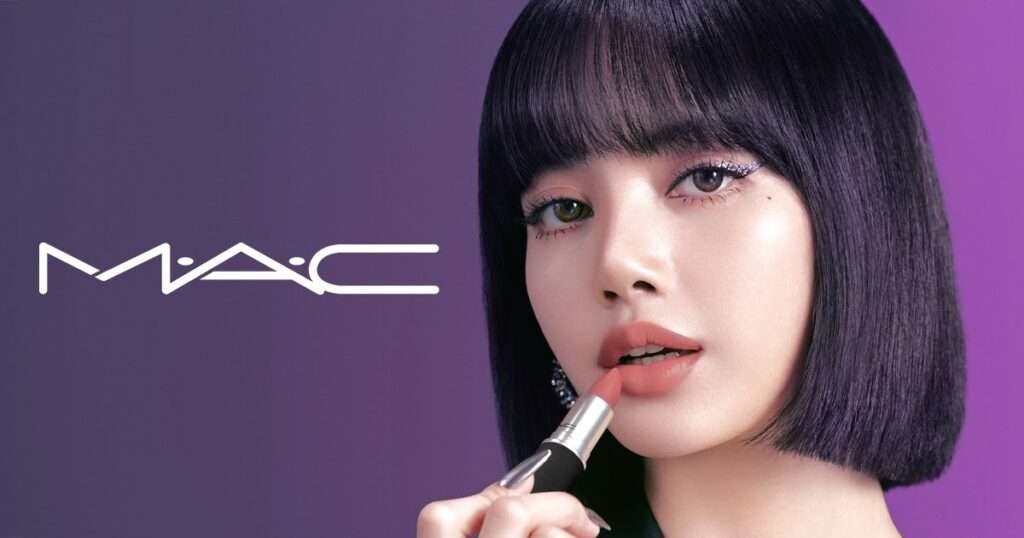
Origins and Kiehl’s launched takeback programs in 2009; L’Occitane launched its takeback program in 2014.
But details about where the empties are recycled — or just how many are diverted from landfills compared to new units sold every year — are lacking. And do programs like these “plastic wash” a veneer over the fact that many of these companies continue to rely on virgin plastic as they pump out a myriad of new items every year?
Harrods MyBeauty Recycle & Reward
U.K. department store giant Harrods is the latest to offer a similar scheme. And, it says, for the first time, its recycling capabilities now include nail polish and perfume bottles.
Called the MyBeauty Recycle & Reward, Harrods is trialing the program for three months at its H Beauty Milton Keynes location.
“The launch of MyBeauty Recycle & Reward marks another incredible milestone for Harrods and H beauty,” Mia Collins, Head of Beauty at Harrods, said in a statement. “The launch of the scheme showcases our commitment to bringing a more circular and sustainable shopping experience to our H beauty customers, encouraging the H beauty community to recycle beauty packaging and products that are not able to be recycled by traditional kerbside collections.”
Customers need to return at least five used product containers in order to qualify. Similar to MAC’s program, Harrods customers will access member-only benefits such as rewards points and exclusive offers and services.
Harrods is working with MyGroup as its recycling partner, marking a first for used nail polish and fragrance bottles in the U.K. Both are technically classified as hazardous bottles and have not been easily recycled in the past.
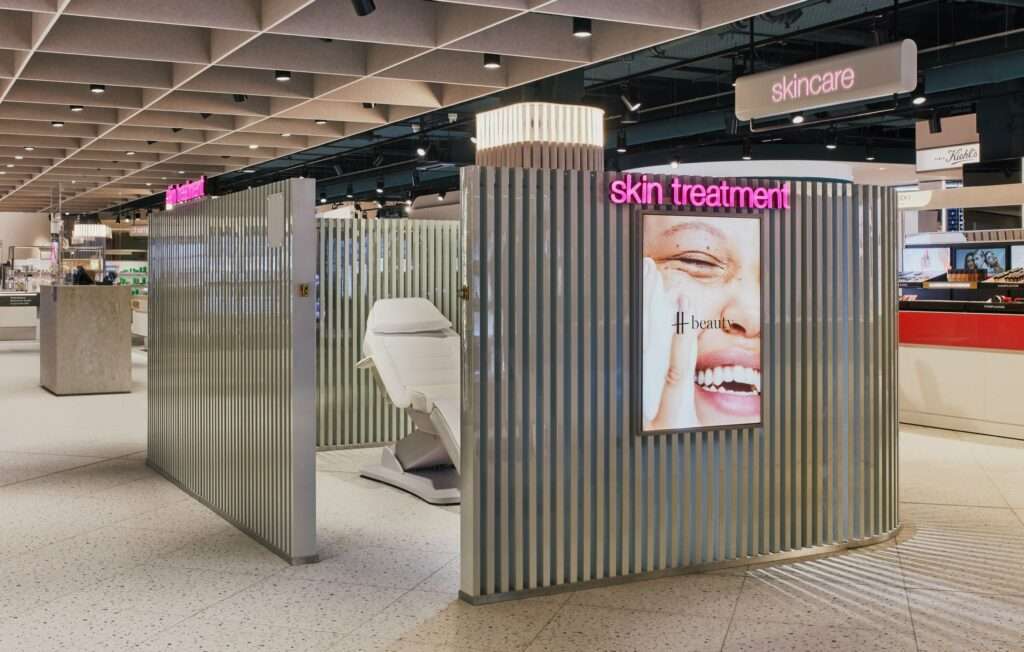
“We’re proud to be working alongside one of the iconic brands of luxury British retail to reach new customers with our ground-breaking cosmetics and plastic recycling offering,” said Steve Carrie, Director at MYGroup. “MYGroup is trusted by a growing number of high-profile, forward-thinking partners in the retail space, who see the tangible, visible difference our in-store takeback schemes can make to meeting their sustainability goals.”
Harrods customers will also be able to earn points for other hard-to-recycle items including compacts, mascara tubes, shampoo and lotion bottles and pumps, and vitamin bottles.
Beauty packaging recycling
Beauty giant Sephora has a similar scheme that it launched last summer in partnership with the nonprofit Pact Collective, which is positioning itself as the industry’s most sustainable takeback program. Consumers can bring cleaned-out empties to participating Sephora locations where they are sent to Pact Collective instead of a landfill. Those empty containers are recycled or converted into energy.
Prior to Pact Collective, which launched in 2021, TerraCycle was the only real choice for programs like these stateside. It is one of the largest private recycling businesses in the U.S., grossing more than $71 million in 2021. It works with a number of companies, such as department store Nordstrom for its Beautycycle program that encourages consumers to drop off their beauty and skincare product packaging, regardless of the brand, at in-store collection points for recycling.
All of these programs bypass conventional municipal recycling operations to route the empties to specialized facilities that can recycle them.
But data on the efficacy of these programs is lacking.
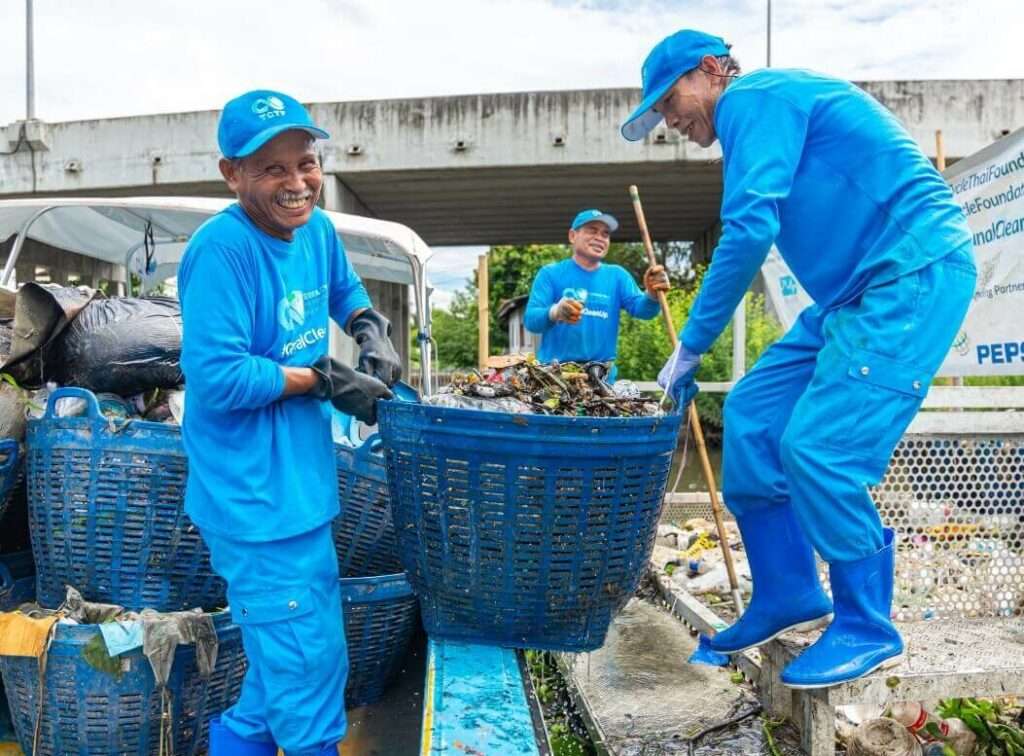
Despite being one of the largest facilitators of takeback programs, TerraCycle doesn’t do any of the plastic recycling itself. It has faced criticisms and lawsuits over its recycling programs.
According to Bloomberg, TerraCycle’s reprocessing operations are contracted out to third-party facilities. “And until 2021, TerraCycle never had that work audited by an independent firm.” TerraCycle says its corporate customers, which include giants like Walmart, Nestlé, and Bausch & Lomb, are “welcome” to conduct their own audits of its recycling partners.
Bloomberg’s Leslie Kaufman tracked tags in several items sent through TerraCycle’s programs only to find them wind up in landfills. There were also reports of products waiting so long for recycling that one processor said they should charge TerraCycle for storage. Does that leave room for misrepresentation as alleged by the lawsuits or outright failure to properly recycle items? Without any audits until last year, it’s entirely possible.
Pact Collective
Eco beauty brand Athr Beauty says it made the shift away from TerraCycle to Pact Collective, the same platform Sephora is using.
“Pact is a non-profit recycling program founded by beauty industry members. It was created to recycle hard-to-recycle beauty packaging plus work with packaging designers, brands, and policymakers to make beauty packaging more sustainable overall,” the brand wrote on its website.
Pact was co-founded by Mia Davis, VP of Impact and Sustainability at Credo Beauty along with Victor Casale, formerly of MAC Cosmetics and MOB Beauty.
“People started to reevaluate what they were using, how much they were using and where things were going,” Davis says.
Athr says it partnered with TerraCycle when it first heard that recycling facilities across the U.S. were closing. But it says while TerraCycle is a great “last-resort” recycling option, it’s “not a replacement for sustainable, easily recyclable packaging made from repurposed materials.”
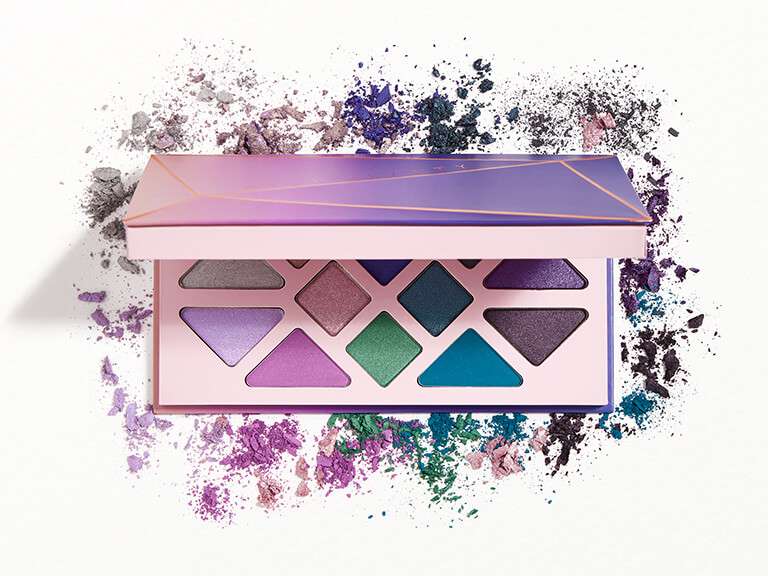
“Unfortunately, TerraCycle has become a way for brands to continue making unsustainable, incredibly wasteful, landfill-bound, virgin plastic packaging,” Athr says. “This is why we made the switch – Pact is more than just a band-aid solution and is beauty specific.”
Plastic waste
According to the Plastic Pollution Coalition, more than 120 billion units of packaging are produced by the personal care and beauty industries every year. Most of that, the organization says, is not recyclable.
With the category’s sales expected to jump from $341 billion in 2020 to more than $560 billion by 2030, the industry needs solutions. And zero-waste beauty products, while a growing trend, don’t solve the problem of the giant plastic footprint of the conventional beauty and personal care industries.
We felt that the minute that we made it a business, it would be a competitor.
Mia Davis, co-founder Pact Collective
“As of now, almost all beauty packaging is non-recyclable in your standard recycling bin,” says Athr. “This is where Pact comes in to clean up the mess of irresponsible packaging. What we love about Pact: they are not only addressing this end-of-life aspect of packaging but are actively working with the beauty industry to make better packaging – that means no more virgin plastic, no more unrecyclable mixed materials, and no more beauty packaging filling up our landfills.”
According to Davis, bringing in a nonprofit model to this level of recycling accountability is critical.
“We wanted to get tons of stakeholders from this industry together,” she told Glossy. “We felt that the minute that we made it a business, it would be a competitor.”
Programs like these are largely driven by incentives — you bring in your empties for credit toward the purchase of a new product. It may make recycling more appealing to a small percentage of a brand’s consumers, but it’s not making a dent in the global plastic waste problem.
According to a report published by Greenpeace last October, not only are consumers and municipalities failing to properly recycle plastic, the “vast majority” of plastic waste is still not recyclable (in the U.S.)
Greenpeace found that the U.S. plastic recycling rate was estimated to have declined to just five to six percent in 2021, down from a high of 9.5 percent in 2014 and 8.7 percent in 2018.

But those higher numbers were when the U.S. was exporting its plastic waste to China; the country stopped accepting recycling in 2017. And even when it did accept items, much of it wasn’t recycled at all — Greenpeace reported that much of it was burned or dumped, falsely inflating recycling rates while doing the opposite — dumping more fossil fuels and emissions into the atmosphere.
Much of the recycling onus is on the consumer to understand what items their cities or counties will take. And most consumers have no idea what that actually entails. Consumers tend to dump any and all plastic items into their blue bins and hope for the best.
Incentivized takeback programs can encourage consumers to participate, but Greenpeace and other groups say there’s a much bigger problem.
“As scientific evidence of the harm caused by plastic waste and pollution and the toxic risks of recycled plastic continue to mount, discussions about what to do
regarding single-use plastics and plastic packaging are underway at the global level through the United Nations Environment Programme’s (UNEP) plastics treaty, in the U.S. Congress and city halls and state capitals across
the country, and in corporate board rooms,” the group wrote in its report.
“Will we allow companies to continue to promote the failed, toxic plastic recycling myth or will we demand a pivotal change that dramatically reduces
the production of single-use plastics? Instead of continuing on this false path, companies in the U.S. and around the world must urgently phase out single-use plastics by replacing their packaging with reuse and refill systems and offering packaging-free products.”

